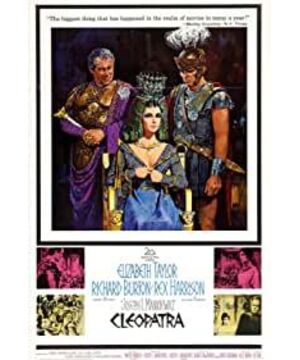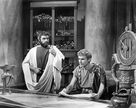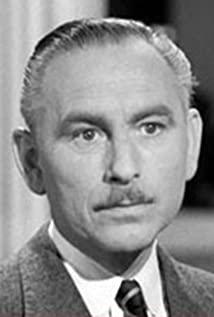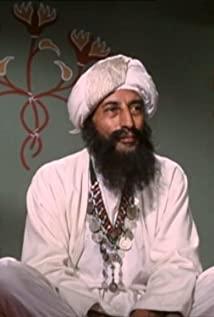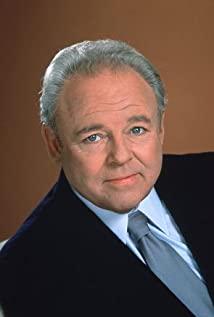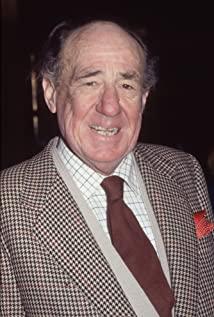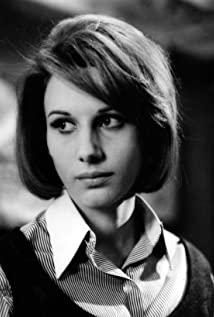Turns out Burton didn't really hate Cleopatra, he never saw it, it was just that the critics at the time were scolding him, and he got scolded, and Tyler hated it, so he thought it was bad, too Follow and hate it.
The bottom line is that he has no confidence in himself. When others say that he is not good, he is easy to believe, and then blames himself for a long time and hates himself.
Every time Moon and Burton praised the movie, he couldn't believe it was really good. It wasn't until on the set of "1984", two months before Burton's death, that Moon boasted again, described in detail what he had seen, and imitated a few clips that he thought were good. Burton watched and suddenly shed tears.
I think he just suddenly realized he wasn't as bad as he'd always thought. If he had realized this earlier, how could he have gotten to where he is today.
It's such a happy thing to find out that he is good and to be sure of his own goodness, but unfortunately it is too late, and this little warmth is no longer enough to save him. It's like a dying person going out to eat a good meal and finally being kind to himself; or a dying person putting on his best clothes. The following is the text translation
I saw a tear run down his cheek, and I believe there was a moment when he went back to the set in Rome to turn Anthony into Richard Burton, and he sweated it.
"It's special," he said, "I've never seen it. But I knew when I was on set that it would be, should be, something I'm really proud of. But everyone hated it, and so did Elizabeth. hate it."
Then he looked as if he had remembered something and said, "We sailed to Capri in 1970 or 1971. We used to have movies on the boat at that time, and one night Elizabeth was sitting with her children watching Egypt "Queen Yan." I slipped in, but I only lasted for about ten seconds, and then went to bed.
The next morning, she said to me, 'Richard, not bad. ' I said, 'What's not bad? ' she said, 'Cleopatra. ' I said, 'But you hate that movie. ' she said, 'I thought so, but it's not bad at all. '"
"Richard, your Anthony is amazing," I said.
"So maybe you're right. If Elizabeth can watch the movie and think it's not bad and think I'm fine, then maybe you're right, Mick."
I said, "Yes, Dick."
He laughed.
Then, in about ten minutes or so, he asked me to tell him some scenes I could recall, and I said a few paragraphs and then quoted a few words—before Anthony struggled to stab himself in the stomach, "I've been Envy Rufio's long arms." Antony challenged Octavian's army alone, crying, "Isn't there anyone who will give Antony an honorable death?"
"Ah, yes, I remembered," he said with a smile, "I did a good job, didn't I?" Rex Harrison got better reviews, but Richard gave the film one A dynamism that neither Harrison nor Elizabeth Taylor can provide. Although Elizabeth was astonishingly beautiful as the Queen of Egypt, she was often uncomfortable with the overly classical lines written by Mankiewicz.
But Burton appreciates it, and his performance is neither a true cinematic nor a purely theatrical one, but a hybrid one—a mix of both. He wasn't afraid to get too close, he just managed not to get past it. It's a dangerous show, so it's all the more exciting.
I have a feeling I've never had the chance to see Burton on stage, and it's the closest I've ever experienced to the soaring power of his live performances. It's rare for a cinematic lens to capture this and confine it to the confines of a movie's plot, and it should be cherished.
Today, Cleopatra is considered unique, with a growing awareness that it was underrated and underrated when it premiered in 1963. The four-hour version has been carefully restored to the DVD version, and the movie restorers continue to search for the lost two more hours.
View more about Cleopatra reviews


